Series 66 analytical questions are a consistently tricky part of the exam. Most students that we teach have issues with this section. In today’s post, we untangle where you should focus, and how proficient you should be.
Series 66 Analytical Questions: To Math or Not to Math
On the Series 66 exam math questions are surprisingly minimal. We say surprisingly because many of the textbooks out there include math questions. Whether you use Kaplan, STC, or some other provider, many test things like the capital asset pricing model, the sharp ratio, the rule of 72, and many more.
In practice, the exam is unlikely to be very quantitative. However, despite the fact that you may not have to do many calculations at all, you still need to know the formulas. How is that so?
Conceptual Questions Abound
When it comes to sections such as modern portfolio theory there are many conceptual questions testing the theory. Efficient market hypothesis is a very commonly tested topic, for example.
When it comes to more quantitative topics such as the capital asset pricing model, the sharp ratio, alpha, and the rule of 72, many questions on the actual exam may actually test that you know the formula in qualitative terms and their purpose.
For instance in defining the purpose of the capital asset pricing model, the most accurate explanation is that the model is a calculation for expected return. Although this can often be substituted for the discount rate, or required rate of return, the most correct definition is expected return.
When it comes to the rule of 72, you’ll have to know the formula which is:
72/years = annual return
Or
72/annual return = years
The point of this formula is that it can calculate the annual return needed to double your investment over a given period of years, or to calculate the number of years needed to double your investment given an annual return.
While you may not have to actually make a calculation on the exam, you will definitely want to understand the purpose of the formula as well as its components.
Overall, we highly recommend that you focus your attention on understanding the formulas and knowing their ingredients. Being able to calculate the formula is much less important than understanding its underlying principles. If you need any more help or would like some more tips, feel free to reach out to a Series 66 tutor. Good luck, studying!
